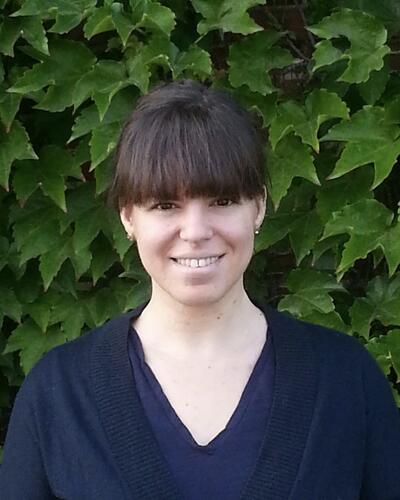Carly Herold is Assistant Professor of Philosophy, Coordinator of the major in Philosophy, Politics, & Economics, and Co-Director of Geneseo's Forum on Constitutionalism and Democracy.
She teaches courses on ancient and modern political philosophy, philosophy of law, conceptions of the role of morality in statesmanship and war, and the relationship between science and political life.
Her research focuses on classical Greek and Roman political philosophy. She is currently completing a book on the Roman statesman and philosopher Cicero's evaluation of the possibility of popular enlightenment, as well as an article on Thucydides' reflections on political ambition and demagoguery. Before coming to Geneseo, she held a post-doctoral fellowship at the College of the Holy Cross and received her Ph.D. in Political Science from the University of Texas at Austin.
Publications
“Life and Death as a Political Act: Cicero and the Stoics” in Political Theory on Death and Dying. Edited by Erin Dolgoy, Bruce Peabody, and Kimberly Hurd Hale. Routledge Press. September 2021.
"Quid Sit Tyrannus: Seeking to Understand Tyranny Within and Among Regimes."Perspectives on Political Science: Vol. 46:4.
Education
2014 Ph.D. University of Texas at Austin
2010 M.A. University of Texas at Austin
2005 B.A. Magna Cum Laude, Tufts
University: Political Science and Classics

Classes
-
PHIL 130: Ethics
An introductory course aimed at the improvement of moral reasoning. Analysis and assessment of contemporary examples are stressed.
-
PHIL 302: Topic: The Just Society
This course focuses on a theme, figure, or recurring question in the history of philosophy.